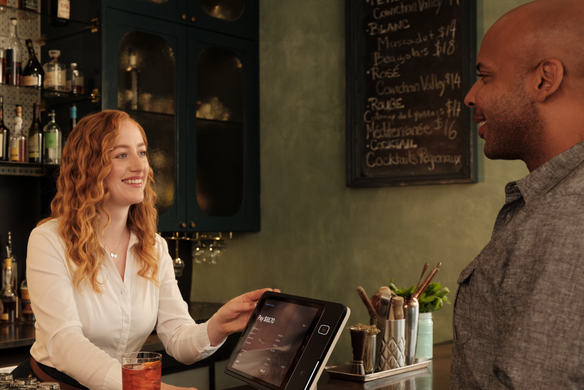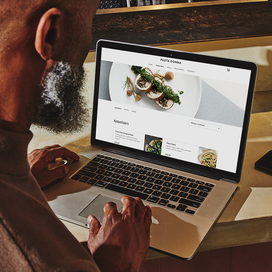Table of contents
This article is for educational purposes and does not constitute legal or tax advice. For specific advice applicable to your business, please contact a professional.
Starting your own business is exciting, but you also need to take steps to ensure your business is on the right side of the law. If you’re planning to start a business that sells alcohol in Arizona, you’ll need to obtain applicable liquor licenses.
The Arizona Department of Liquor Licenses and Control (DLLC) oversees all licensing activities. Arizona is one of the several states that uses a quota system for liquor licenses. This means that only a specific number of licenses are available for each county, and the number is determined by the county population. The implication is that getting a liquor license might be a little more complicated than for non-quota-based states.
This guide covers the liquor license requirements in Arizona to make it easier for you to get one.
1. Determine the type of license(s) you need.
The first step is to determine the type of liquor you want to sell and the licenses that apply. You can sell beer, wine, spirits, or a combination of the three. You also need to determine whether alcohol will be served to customers on the premises (on-sale) or whether alcohol can be taken off-site for consumption (off-sale).
While the DLLC issues several liquor licenses, the most common licenses sought for by restaurants, bars, and retail stores are:
- Bar (series 6) liquor license: This is a quota license that allows you to sell beer, wine, and spirits to customers for consumption on premises. It also includes limited off-sale privileges.
- Beer and wine bar (series 7) liquor license: This is a quota license that permits the sale of beer and wine to customers for consumption on premises.
- Liquor store (series 9) license: This is a quota license that allows you to sell beer, wine, and spirits to customers for off-premises consumption.
- Beer and wine store (series 10) license: This is a nontransferable license that allows you to sell beer and wine to customers for consumption off premises.
- Restaurant (series 12) license: This is a nontransferable license that allows the sale of beer, wine, and spirits in a location that derives at least 40% of its gross revenue from food sales.
Quota licenses are transferable, and you can only obtain them through the lottery system or by buying from the open market.
MORE: How to choose the best POS system for your business
2. Determine the requirements for your license type.
Once you’ve determined your license type, the next step is to get clear on the documentation requirements. The DLLC has created application kits that detail the requirements for each license category. In general, you’ll need to meet the following requirements for most license types.
- Location and zoning requirements: You may need to obtain approval from the local planning and zoning division to set up the business in your desired location.
- Transaction privilege tax (TPT) license: This is also referred to as sales tax, and you must have one to get a liquor license approval. To get a TPT you’ll need to register with the Arizona Department of Revenue (ADOR).
- Health approval: You may need an inspection and health permit, especially if you intend to sell food. The local county health department usually oversees permits for food establishments, including restaurants and bars that serve food.
- Training: The DLLC requires training for specific licenses. For example, for the bar (series 6) liquor license, applicants, licensees, and managers must take a course on liquor handling, liquor laws, and liquor regulations prior to approval.
MORE: Everything you need to open a bar
3. Determine your license cost.
The DLLC provides a detailed list of fees applicable to each license type. License application kits also contain a list of application fees. If you need a quota license, you’ll have to buy it privately in the open market, usually through a broker or an agent, and then apply for a transfer.
General license fees usually fall into two categories:
- Application fees: A $100 application fee is typically required for all first applications and transfer requests.
- Issuance fees: These are paid after your application is approved and must be renewed annually. For example, a restaurant license costs $2,000 for a full year and renews at $585 annually.
4. Submit your application.
Once you’ve met all the documentation requirements and are ready to cover the costs, you can submit your application online via the Arizona e-licensing system. Approval times vary, but the average approval time is 65 to 105 business days.
Once your license is approved, ensure you abide by applicable rules and regulations to avoid losing the license. That way your business can continue to benefit from alcoholic beverage sales.
![]()











